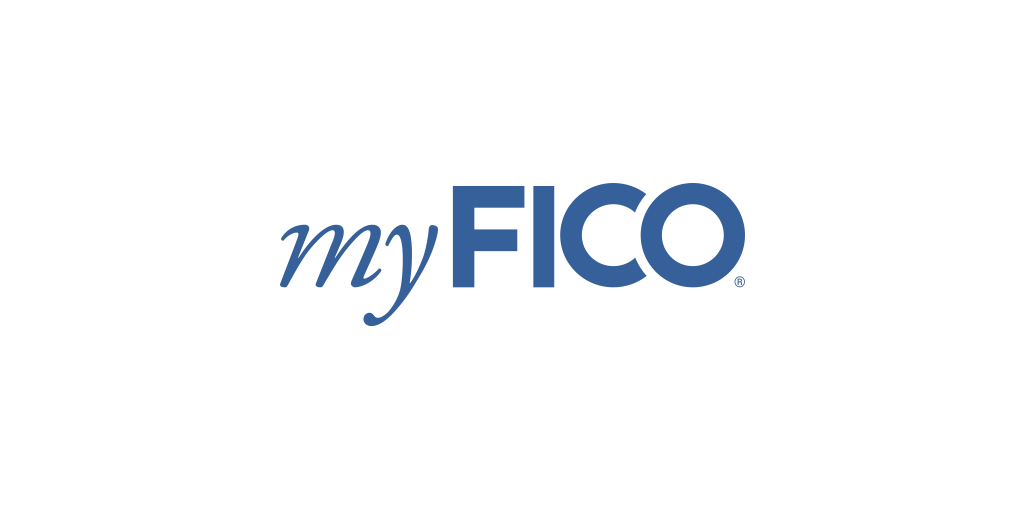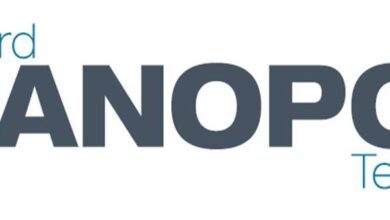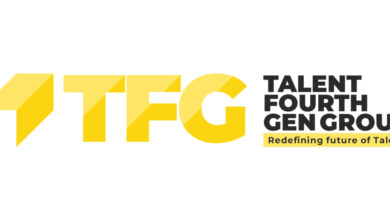myFICO: Why Using a Credit Card Makes It Easier to Overspend

SAN JOSE, Calif.–(BUSINESS WIRE)–Credit card balances hit another all-time high of $1.25 trillion this past August. We know that inflation and rising interest rates are two factors driving increased credit card usage. Another factor that could play a role: the body’s natural reward system. Research suggests that the way our brains perceive rewards and pain can influence how we pay for purchases and how much we spend. Here’s what to know about how using a credit card makes it easier to overspend, from myFICO.
For more credit education, visit myFICO’s blog at https://www.myfico.com/credit-education/blog
Immediate Gratification
Researchers at MIT discovered something interesting about how the brain reacts to making purchases using a credit card and cash. When study participants used a credit card, the part of the brain responsible for rewards and reinforcement lit up, even before the purchase was complete. (Scientists have discovered that even the anticipation of a reward activates our reward system.) Participants who used cash for purchases didn’t have the same response.
Participants weren’t just excited to use a credit card, they were also willing to purchase more expensive items and overall spent more on purchases than those who used cash. This lines up with recent data on consumer spending choices from the Federal Reserve Bank of Atlanta. In the survey, consumers reported an average value of cash transactions of $35.23, compared with $81.81 for credit card transactions.
Positive Reinforcement
The brain drives us to repeat behaviors that feel good. Using your credit card can create a positive feedback loop, urging you to use your credit card more often in order to feel more enjoyment. Once we’ve experienced the positive feeling of making a credit card purchase, our reward system creates an association between using a credit card and receiving a reward. Even things that remind us of using a credit card, like card brand logos, can trigger a craving for rewards.
Doing things to make buying easier, like storing your credit card for one-click purchases, can strengthen the feedback loop. Since purchase happens instantly, you don’t have time to consider whether you can afford a purchase or if it aligns with your goals.
Painless Payments
The primary function of a credit card is to allow you to make purchases and pay for them later. Just like our brains are wired to seek out pleasurable experiences, it also tries to avoid pain. With payment disconnected from obtaining new goods and services, the tangible cost of purchases is less perceptible. So, it’s not immediately obvious when we should avoid using a credit card. The opposite is true with cash, where you feel the pain of spending right away because you physically have less cash.
The brain also doesn’t factor in long-term consequences when it seeks rewards. For instance, with large purchases, we don’t instinctively consider repayment time or interest cost. And for some people, an overconfidence bias can lead to high optimism about their ability to repay the balance.
Credit Card Spending Isn’t All Bad
While there can be some temptation to overspend, using a credit card still comes with several tangible benefits that cash doesn’t provide. Fraud protection eliminates your responsibility for unauthorized purchases. Extended warranty and purchase protection provides coverage for damages, malfunctions, and other losses. Credit cards also offer recourse for lost or stolen packages and goods or services that aren’t delivered as promised.
The key to managing your credit card spending is being responsible and knowing your limits. Check your credit card balance regularly to avoid spending more than you can afford. If you pay your full balance each month, you’ll enjoy the rewards and benefits of using a credit card without the burden of debt.
Get your FICO® Score from the people that make the FICO Scores, for free. Plus, free Equifax credit monitoring and a free Equifax credit report every month. No credit card required. For more information, visit https://www.myfico.com/products/fico-free-plan-a
Contacts
Elizabeth Warren
[email protected]





